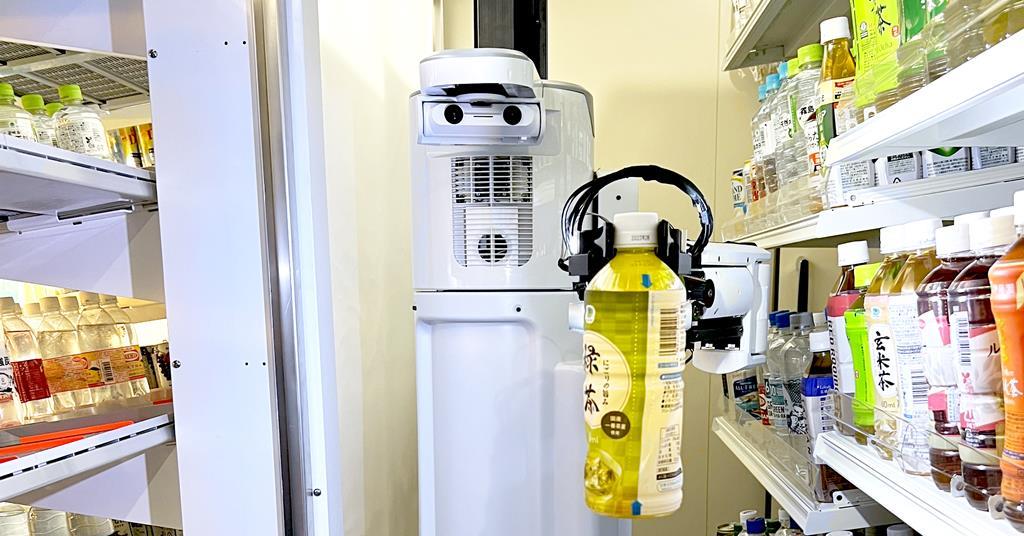@danlightbulb I sort of get what you're saying (I think) I, like you, am a double chartered professional engineer. I "fell" into engineering as I liked technology but honestly the degree was far too intense/geeky for me, albeit interesting. However, I didn't do it to walk into 100k+ pa jobs, in fact I started working in my mid-teens as an apprentice. I have done some proper ****** jobs in my life, and now definitely lucky to be in a more "upper tier" role.
I think what you're feeling is probably an unintended feeling of entitlement - and I don't mean that in an aggressive or negative way, it's an easy way to feel after the efforts you have put in to get your engineering degree. Heck, it took me nearly 10 years to become professionally certified. HOWEVER, looking within the engineering roles, you will still need your labourers, your hourly paid staff, your truck drivers, logistics people, welders, BIM/CAD designers, apprentices, security guards, cleaners, admins and other "non technical" staff. HOWEVER, it is not low skill necessarily, sure it could be argued that tidying a building site, or a project site is menial but with good training, culture and understanding those roles are actually critical for a high functioning project. Calling non professionals low skilled workers is quite insulting. Even apprentices are highly trained and create a huge amount of value the better you train them and engage with them. These specialist roles, whilst hourly paid can be lucrative but they are also often woefully under-paid.
For me pay should not be the only differentiator between varying levels of roles. Experience, capability and demonstrable ability is far more important, cultural fit, behaviours and so on are really important to.
Should everyone earn the same? No. You couldn't pay me enough to be PM for example, or be a front-line serving armed forces personnel... even on my salary, would I want to clean public toilets 5 days a week for 12hr days? No definitely not. So it's not just about pay, it's about attitude, but there will always be those that need to do the leading, some to do the "spit and sawdust" sort of work - until automation, robotics or new innovations solve the menial tasks, there will always be those people. I always befriended the cleaners, and post room staff (when post was a thing), receptionists etc.. because they are actually such an important part of a business - a lot of them are actually really happy in those roles because it lives to their skills and interests, and it's a low stress life. Dare I say it the more you get paid the more stress you put yourself under and the more expectations are raised.
Anyway this is possibly a little off topic - but equitable pay does not have to mean equal pay - it just means it has to be fair. Having a professional qualification doesn't automatically mean you deserve more.




